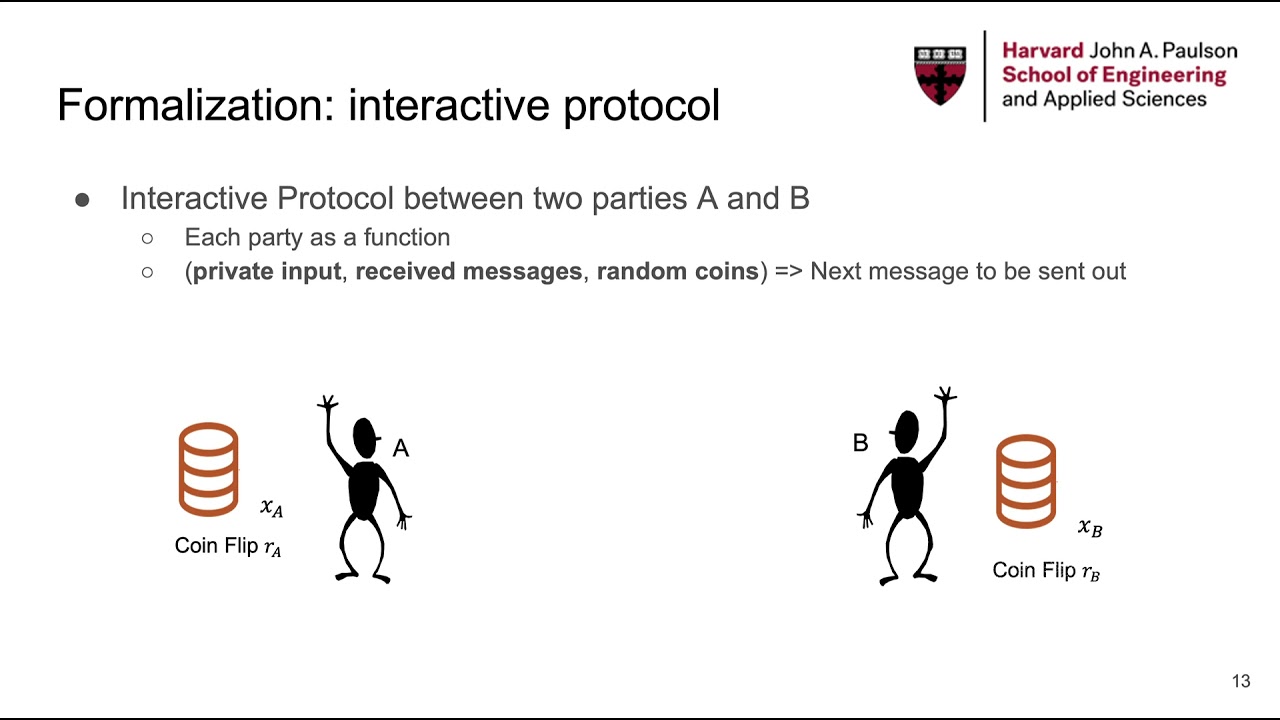Welcome to the resource topic for 2021/1196
Title:
Concurrent Composition of Differential Privacy
Authors: Salil Vadhan, Tianhao Wang
Abstract:We initiate a study of the composition properties of interactive differentially private mechanisms. An interactive differentially private mechanism is an algorithm that allows an analyst to adaptively ask queries about a sensitive dataset, with the property that an adversarial analyst’s view of the interaction is approximately the same regardless of whether or not any individual’s data is in the dataset. Previous studies of composition of differential privacy have focused on non-interactive algorithms, but interactive mechanisms are needed to capture many of the intended applications of differential privacy and a number of the important differentially private primitives. We focus on concurrent composition, where an adversary can arbitrarily interleave its queries to several differentially private mechanisms, which may be feasible when differentially private query systems are deployed in practice. We prove that when the interactive mechanisms being composed are pure differentially private, their concurrent composition achieves privacy parameters (with respect to pure or approximate differential privacy) that match the (optimal) composition theorem for noninteractive differential privacy. We also prove a composition theorem for interactive mechanisms that satisfy approximate differential privacy. That bound is weaker than even the basic (suboptimal) composition theorem for noninteractive differential privacy, and we leave closing the gap as a direction for future research, along with understanding concurrent composition for other variants of differential privacy.
ePrint: https://eprint.iacr.org/2021/1196
Talk: https://www.youtube.com/watch?v=XWODh2tZLF4
See all topics related to this paper.
Feel free to post resources that are related to this paper below.
Example resources include: implementations, explanation materials, talks, slides, links to previous discussions on other websites.
For more information, see the rules for Resource Topics .
